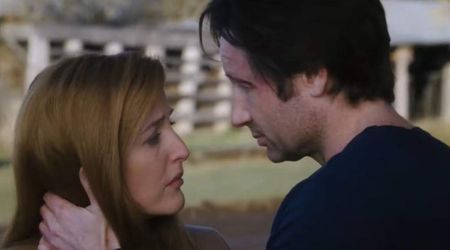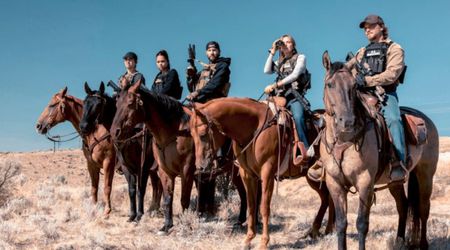'Sea of Shadows' makes desperate attempt to save most endangered whale from Mexican cartels and Chinese mafia

"The time is now. We have to act." There are less than 15 vaquitas left in the world. The vaquita is the world's smallest and most elusive toothed whale, endemic to the northern part of the Gulf of California, Mexico and it is now on the brink of extinction. The species are so elusive that some fishermen even refuse to believe that the vaquitas really exist. This might soon be a reality with an increasing number of these whales being massacred by the Mexican cartels in the hunt for the "cocaine of the sea" — the totoaba fish.
With no concrete actions taken by the Mexican government to curb the cartels, the vaquitas now have an unusual hope for their possible survival — 'Sea of Shadows,' a National Geographic documentary detailing the level of organized crime and corruption involved in the hunting of the totoaba fish, which has rendered the Sea of Cortez a marine graveyard.
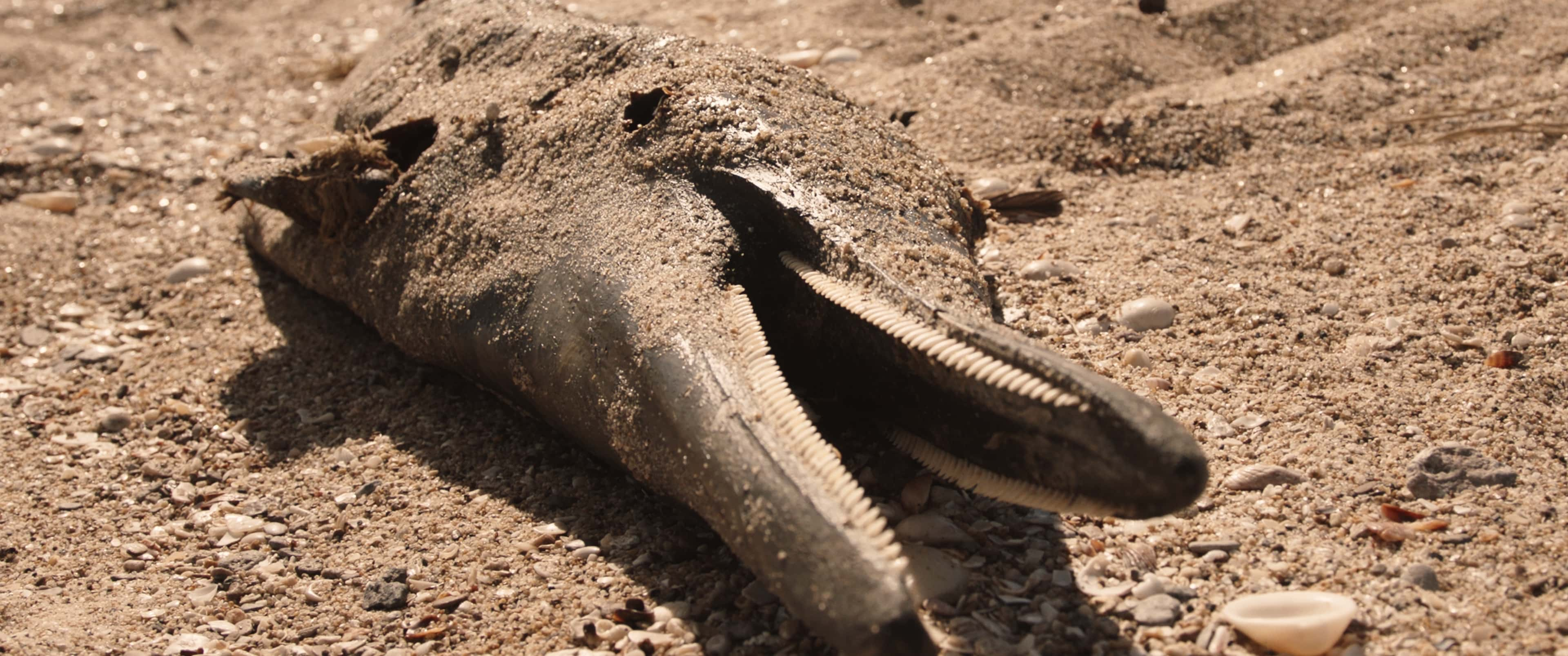
"Nobody wants to kill the vaquita. The real war is being fought for the totoaba," the film's director Richard Ladkani told MEA WorldWide. "For reasons completely unfounded, people in China believe that its swim bladder has medicinal value. I don't think the Chinese understand that the hunt for the totoaba is killing the entire ocean. The nets that they use to catch the totoaba are like walls of death. They kill everything in the sea. They are killing whales, dolphins, sea lions, sea birds, and vaquitas are just prominent victims here. If this doesn't stop very soon we'll have a dead ocean and collapse of an ecosystem."
'Who is El Chapo of the totoabas?'
Totoabas are found in the same region as the vaquitas in the Sea of Cortez. Over recent years, the sea has been under attack as thousands of illegal fishing nets have created a wall of death in the sea for marine animals. Cartels are heavily involved in the totoaba trade because of the skyrocketing price of its swim bladder, which in some markets is more precious than gold. The bladder is a delicacy in Chinese cuisine and is believed to have healing effects. Although its powers are unproven, the totoaba's demand has already created a multi-million dollar black market.
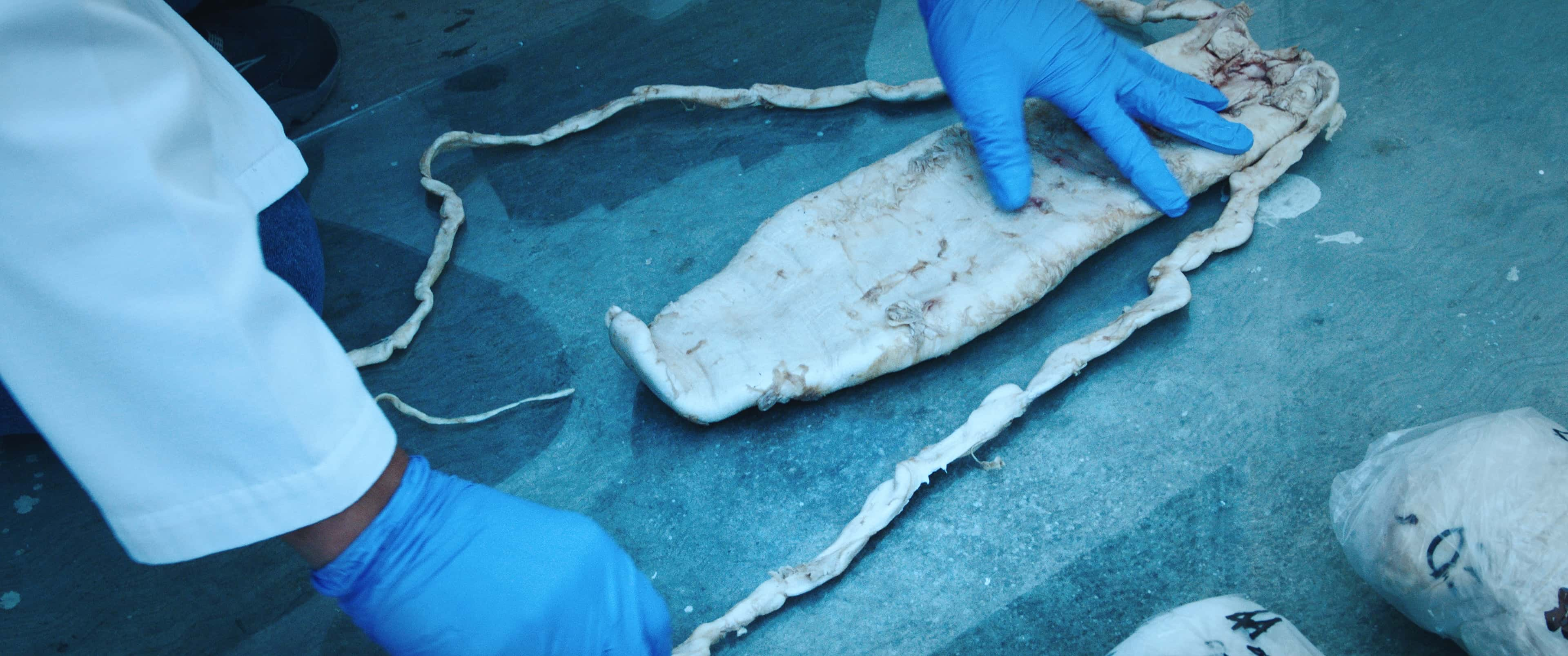
"It starts with a price of $45, and ends up in China for $70,000," Investigative journalist Carlos Loret de Mola says in the film as the entire crew follows undercover investigators, environmentalists, journalists and the Mexican Navy to pin down the "El Chapo of the totoaba" and save the smallest porpoise species in the world. The film showcases a complex totoaba hunting nexus that involves organized crime, corruption, poverty, violence, and political conflict in Mexico.
'This is the most dangerous film I've ever done'
Ladkani tells us that when he embarked on the film's production, he thought it was going to be a regular wildlife film, however, it turned out to be a thriller with dangerous cartels threatening them to abandon their mission.
"Leonardo DiCaprio proposed a film on the vaquitas to us. When I heard about the vaquita for the first time, I had no idea what that even was," the director said. "Leo deeply cares about the Vaquita, he was concerned that the species would get extinct. We had to think very hard on how to approach the film. I didn't know what to expect when I started the film, I jumped in after Leo's interest in making the movie."
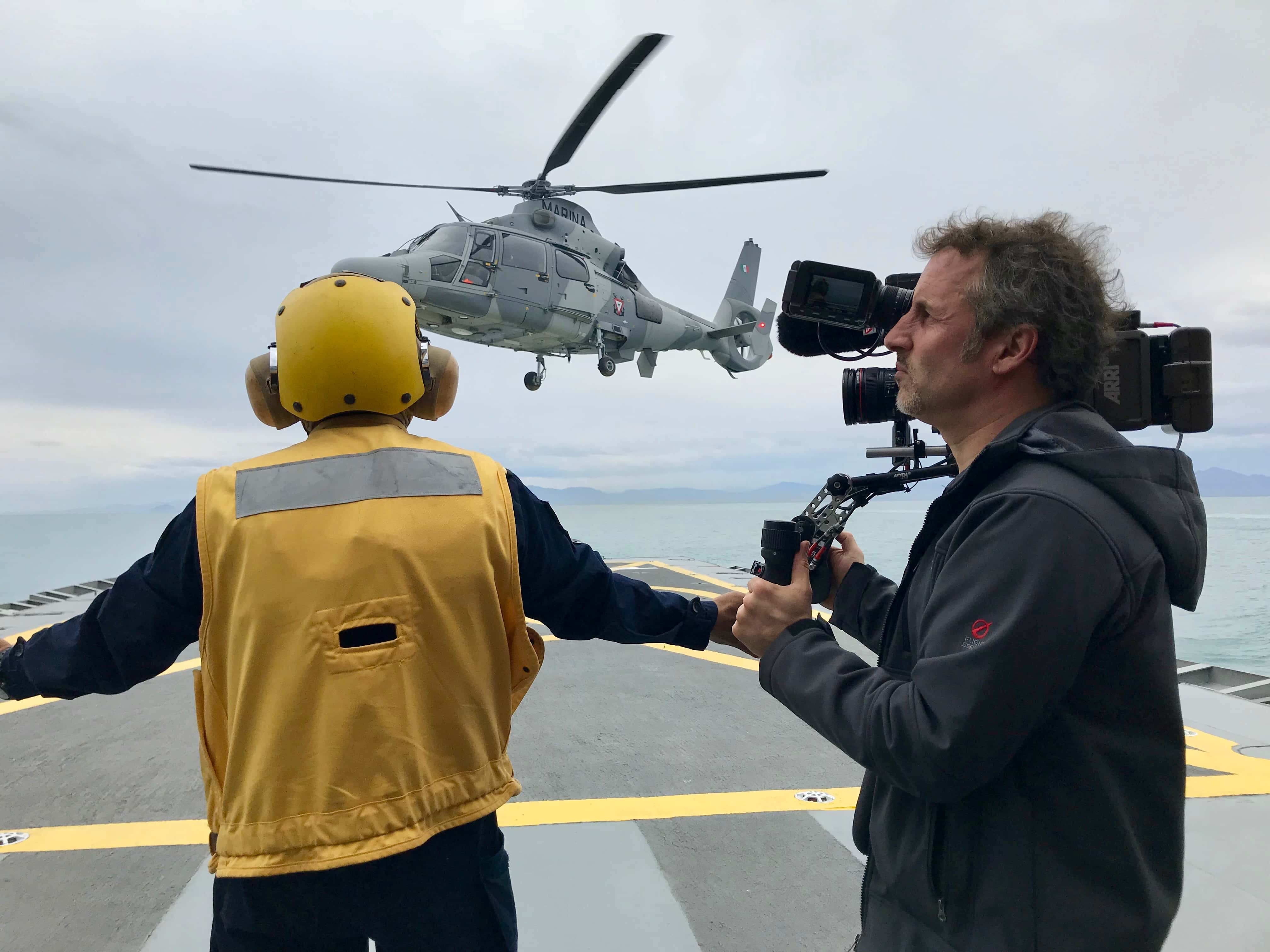
"At first we were just following a wildlife story, but as the story unfolded, the cartel started moving in, it started to become more dangerous, and that's when we realized what we were up against," Ladkani said. "We had to bring in bodyguards, and security, just to make sure that we are safe so that we don't get kidnapped or killed. I didn't expect it to be so dangerous. It felt like we were in the middle of a Narcos movie. There was a serious risk to our lives, we were facing death threats, got into the middle of riots, our drone was shot down. This is the most dangerous film I or my team has ever done."
'This is Time's Up for the vaquita'
With the rapid decline in the number of the vaquitas, the film follows the quest of an international team of conservation experts gathered in San Felipe to save the vaquitas from extinction. The desperate attempt to rehabilitate the species, however, is rendered unsuccessful with the team concluding that the porpoise can not survive outside its natural habitat. With rehabilitation out of the option, the only way to curb their decline is to stop the Mexican cartels and the Chinese mafia involved in the totoaba trade.
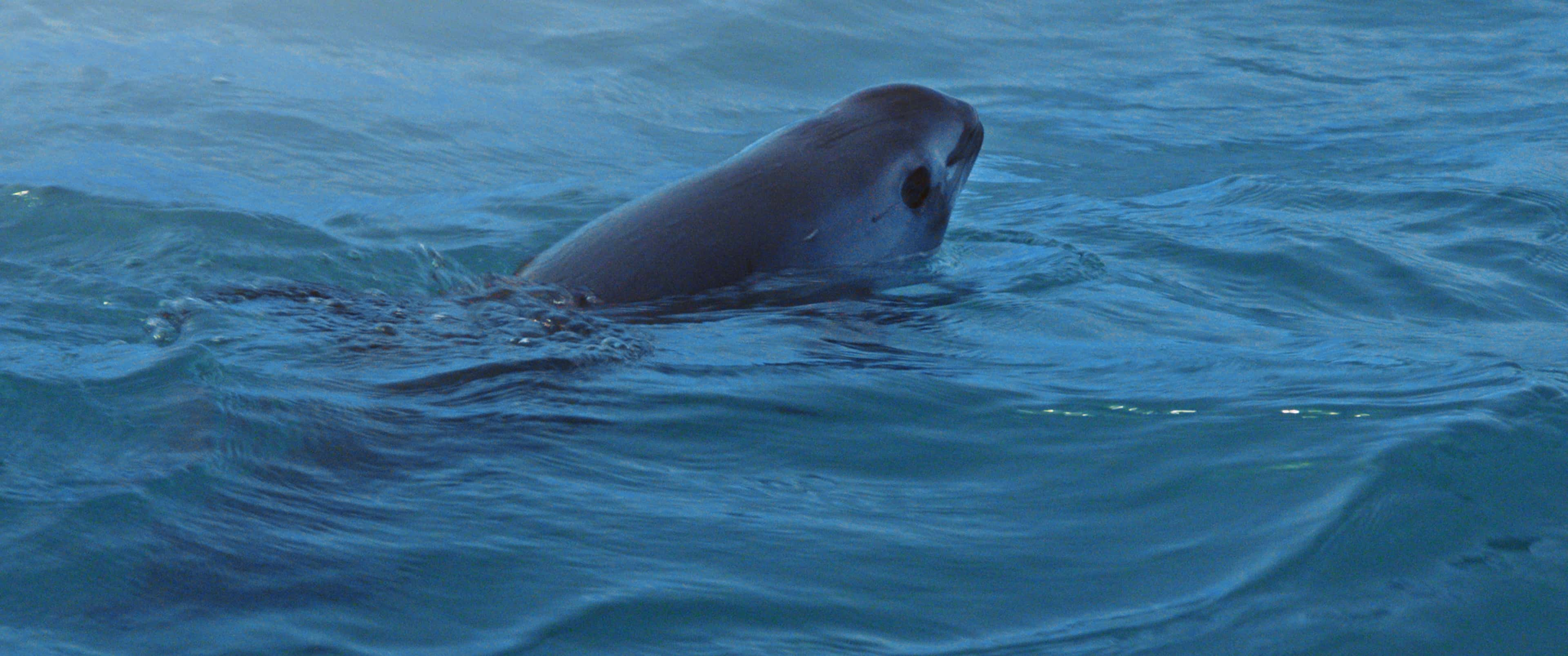
"This is Time's Up for the vaquitas. The clock is ticking and if something concrete is not done right now, the vaquitas will be extinct by the end of the year. Our film right now is everything that the vaquitas have got, in a way. Lots of government people are aware of our films and have seen it. We have taken it to the United Nations. Everyone is now pushing Mexico to protect the vaquitas, the threat is that if they cannot save the vaquitas, there will be a massive embargo against Mexican food exports, especially sea food."
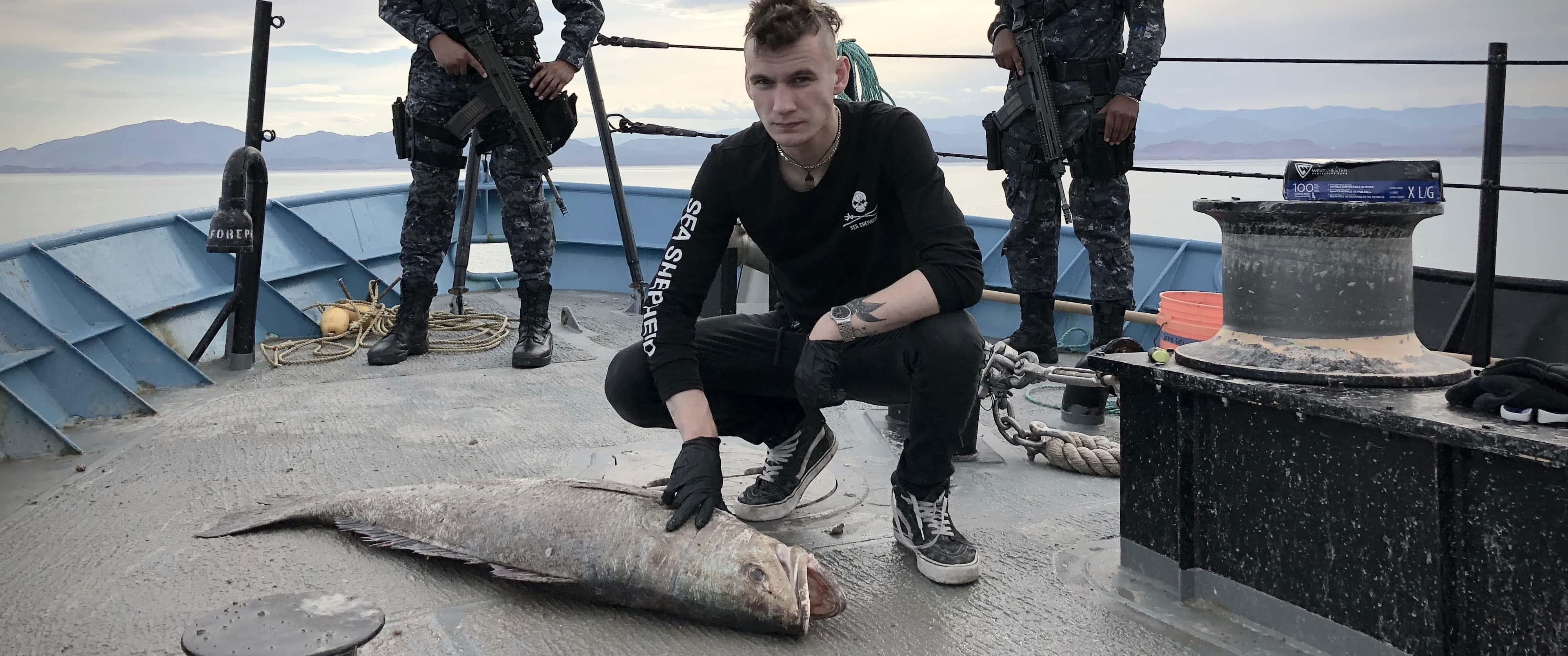
The Chinese government has recently cracked down on the trafficking of totoaba, however, the Mexican government has done little in the arena. "The Mexicans haven't done anything, especially the new government. Zero," Ladkani said, adding that the conservation activists across the world are just waiting for the Mexican government to wake up from complete inaction before it is too late. The director believes that his film is a wake-up call for everyone across the world, including the government officials in Mexico, some of whom do not even understand the gravity of the issue.
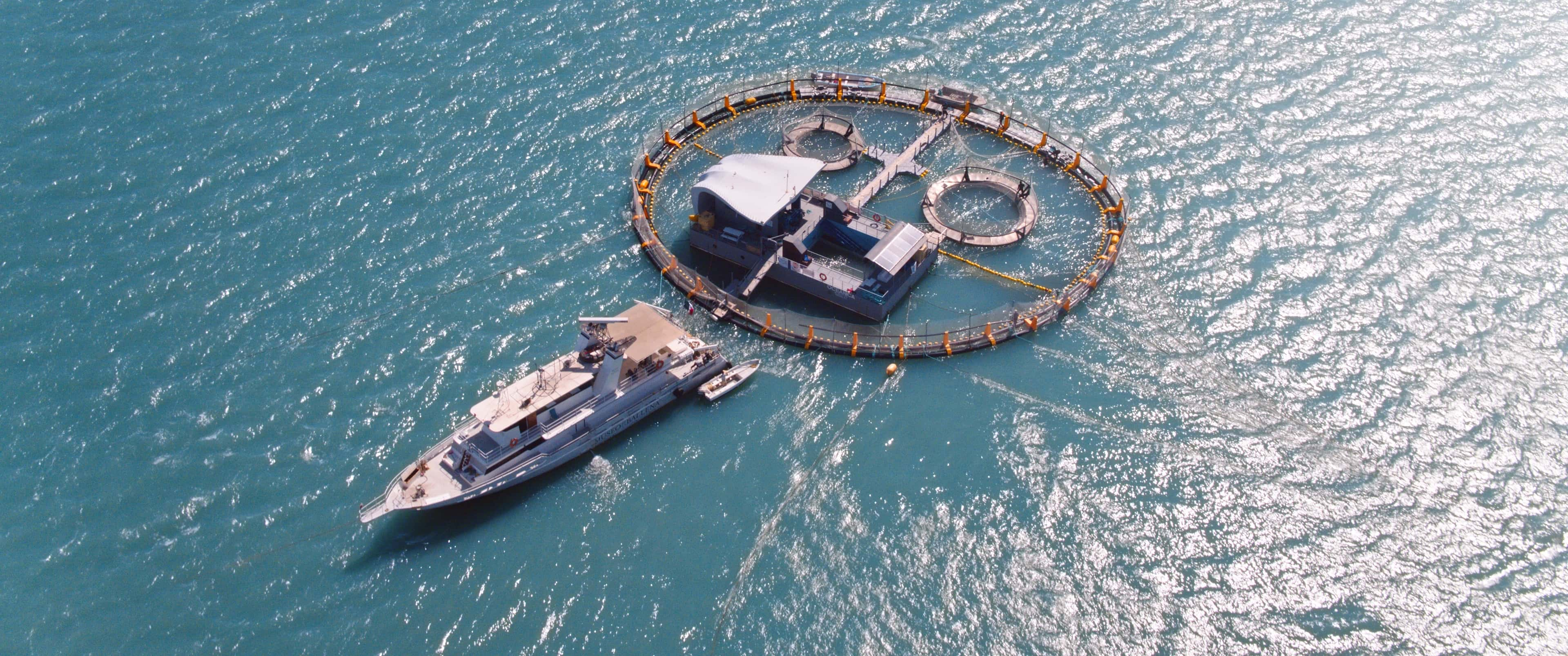
"I will never forget, this one government official from Mexico standing up in front of the entire audience during the film's screening in Geneva, saying,' I can't believe I had to travel halfway around the film to finally understand how to resolve the crisis.' He said it publically, that shows that our strategy of showing the issue in a 190 minute film is really a good strategy to act."
Sea of Shadows releases on National Geographic, November 9 at 8 pm EST. You can be a part of the quest to save the vaquitas from extinction by signing this petition on Change.org.






